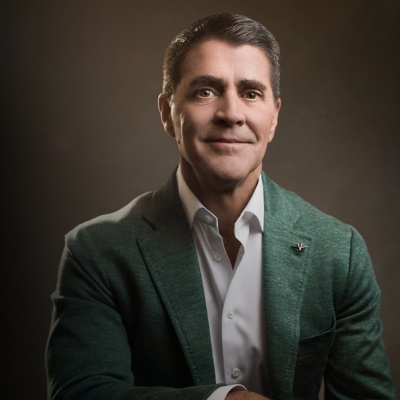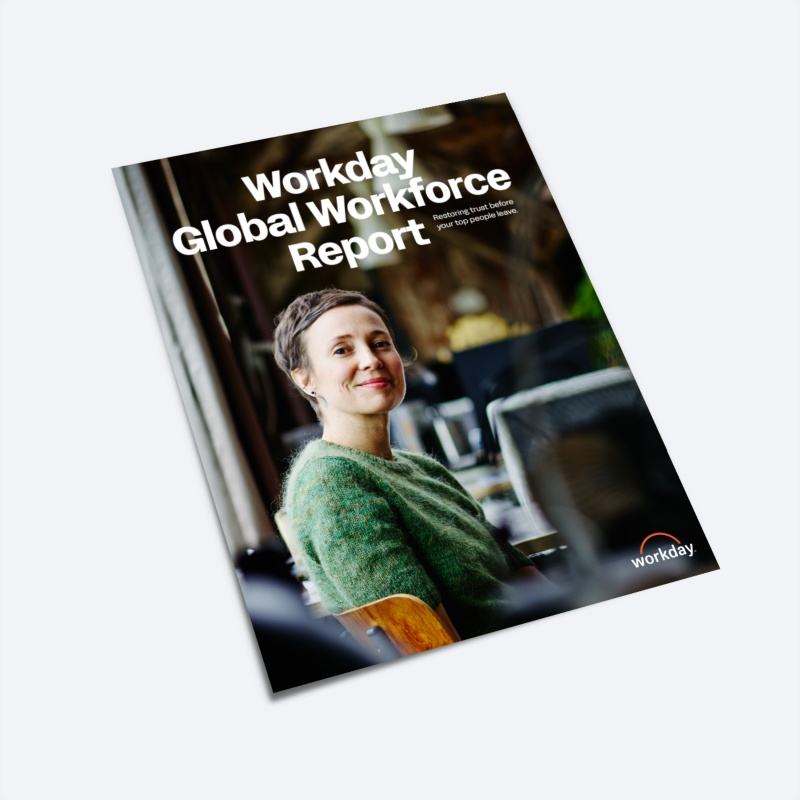2. The Indispensable Value of Human Skills
While the spotlight often falls on technical skills in the reskilling revolution, Goldsmith champions the enduring value of human skills.
She argued that "human skills are ones that are really going to be standout and where we really differentiate. They¡¯re ones that, frankly, we need to invest in in a different way than we have in the past." These durable and transferable human skills, she noted, are essential for navigating any job, role, or organization. And as AI will lower barriers to entry for certain technical skills, it can¡¯t replicate the presence of human characteristics.
Eschenbach wholeheartedly agreed, emphasizing the need to bring back leadership, collaboration, and networking skills, particularly in an increasingly remote or hybrid work environment. "This is not an 'or'¡ªdo we need technical skills or human skills? It's an 'and'," Eschenbach asserted.
3. Elevating the CEO and CHRO Partnership
In this era of unprecedented transformation, the strategic alliance between the CEO and CHRO has never been more vital. Their unified vision is essential for steering organizations through the complexities of technological shifts and workforce evolution.
Goldsmith stated, "In this period of incredible transformation, our partnership has been more important than ever because we are guiding a business and a group of 20,000 humans through a massive amount of change."
Eschenbach echoed this sentiment, highlighting the CHRO¡¯s unique position as a conduit for understanding the pulse of the organization.
Furthermore, Eschenbach anticipates a "step function change" in the critical role of HR leaders going forward. He sees the CHRO defining "what the future of work looks like" and "how you're going to get there." This signifies a fundamental shift in perception, recognizing the people function as central to technological and organizational transformation.




